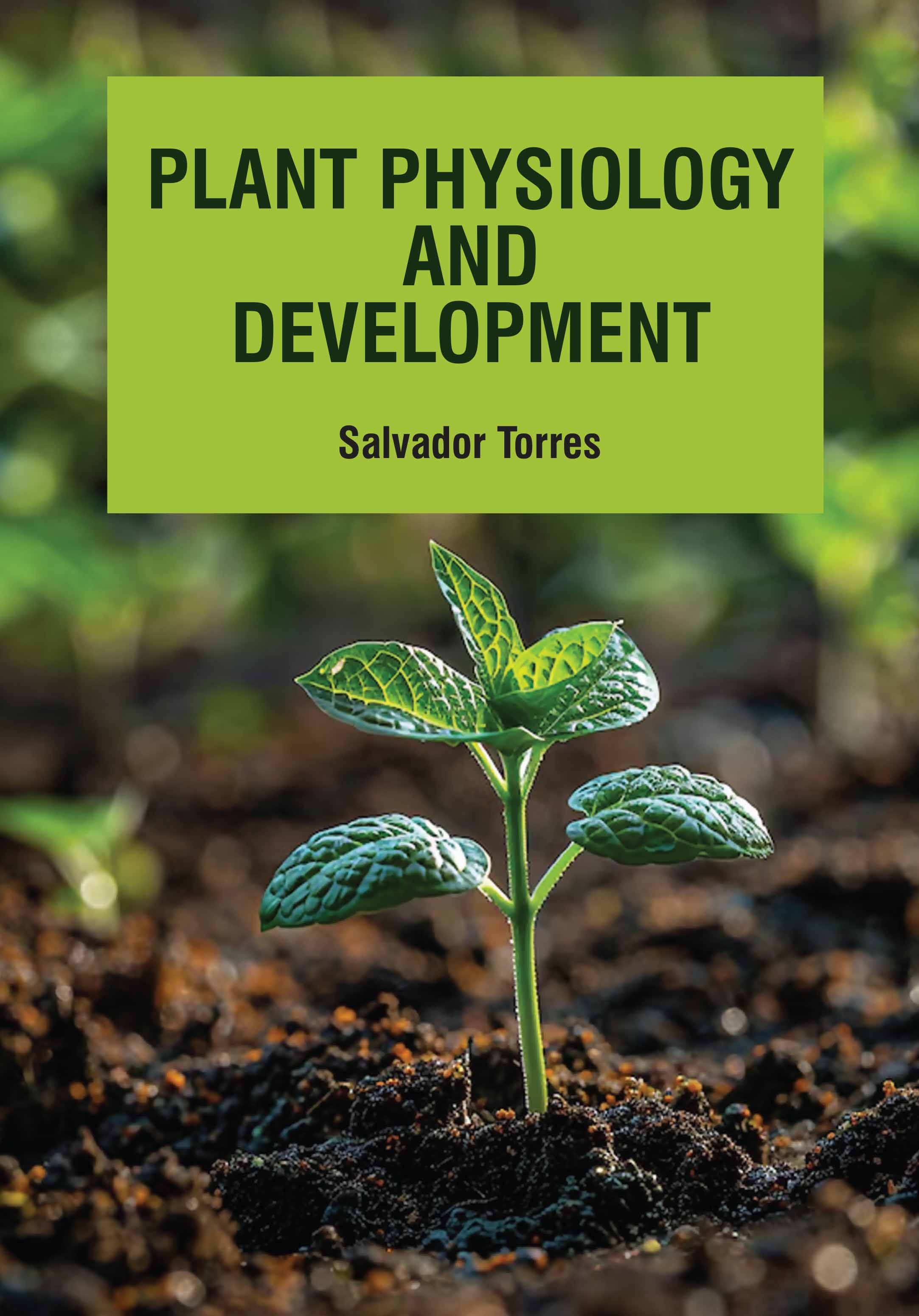About This Book
Animal biotechnology is a field that applies biological techniques to improve and manipulate animals for
various purposes, including agriculture, medicine, and research. It combines principles from genetics,
molecular biology, and biochemistry to modify the biological functions of animals. This field has a broad range
of applications, from improving livestock production to developing animal models for disease research and
advancing gene therapy. One of the key techniques in animal biotechnology is genetic engineering, which
involves modifying an animal's DNA to introduce desirable traits. For instance, animals can be genetically
engineered to grow faster, resist diseases, or produce pharmaceutical proteins. A well-known example is the
creation of transgenic animals, such as genetically modified cows that produce milk with enhanced nutritional
content or pigs that are resistant to certain diseases. Cloning is another significant aspect of animal
biotechnology. It involves creating genetically identical animals, typically through somatic cell nuclear transfer,
to study gene expression or produce animals with specific traits. Cloning has also led to the production of
genetically identical animals for agricultural and medicinal purposes. Additionally, animal cell culture and
bioreactors are employed to produce therapeutic proteins and vaccines. These technologies have
revolutionized medicine, allowing for large-scale production of life-saving treatments. Animal biotechnology
continues to play an essential role in advancing healthcare, agriculture, and environmental conservation. This
book provides a comprehensive overview of animal biotechnology, exploring its techniques, applications, and
impact on agriculture, medicine, and research.
Contents: 1. Introduction, 2. Application of Biotechnology to Animal Nutrition, 3. Animal Cells and Culture:
Techniques for Manipulating Gene Expression, 4. Biotechnology and Animal Health: Innovations for
Sustainable Livestock and Veterinary Care, 5. Animal Biotechnology: Unlocking Novel Genes for Innovation,
6. Sustainable Livestock Breeding Strategies and Breed Conservation, 7. Innovative Approaches to Gene
Transfer in Transgenic Animals, 8. Revolutionizing Livestock: Advances in Animal Genetic Engineering.

